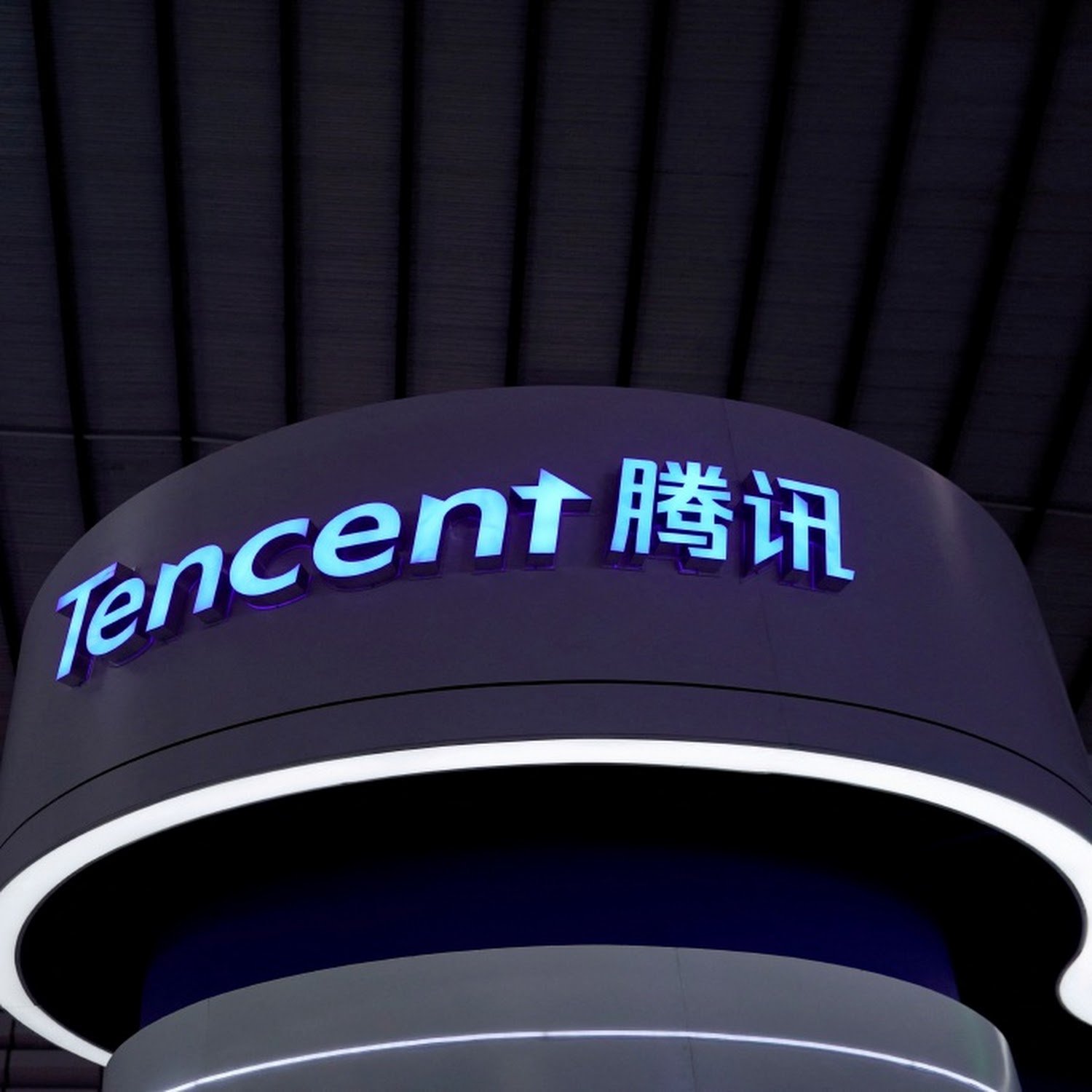The collaboration between Tencent and ByteDance indicates a strategic move to navigate the evolving landscape and capitalize on opportunities within the growing gaming industry.

Tencent Holdings is embracing collaboration with one-time rival ByteDance to boost the promotion of its significant video game release, marking a shift in relations and heightened competition as China’s gaming industry experiences a resurgence.
Tencent launched the mobile party game “DreamStar” on Friday, positioning it as a competitor to NetEase’s “Eggy Party,” which has unexpectedly gained popularity this year with 100 million monthly active users. Analysts project that DreamStar could generate up to 6 billion yuan ($842 million) in its first year, while Eggy Party is anticipated to earn NetEase 8 billion yuan this year, thanks in part to advertising on ByteDance platforms.
In a bid to maintain its position as China’s leading gaming company, Tencent has opted to promote DreamStar on ByteDance’s popular advertising platforms, despite a history of strained relations that led to both companies barring each other from their respective platforms.
Approximately 38% of Tencent’s ads for DreamStar were placed on ByteDance’s online ad service, Pangolin, in the last 30 days, making it the top ad service Tencent utilized for the game, according to data from tracking firm DataEye. This decision is noteworthy as Tencent possesses its own ad network and various promotional channels within its ecosystem. Only 12% of DreamStar ads were placed on Tencent’s ad network Youlianghui, as per DataEye.
This advertising strategy is part of Tencent’s broader plan, involving a 1.4 billion yuan investment, to establish DreamStar’s ecosystem and ensure its success. As part of this strategy, Tencent has also permitted video game live-streamers to stream on ByteDance platforms.
Zhang Daxian, China’s leading live-streamer known for playing Tencent’s “Honor of Kings,” started his channel on a ByteDance platform earlier this month and previewed DreamStar – a scenario considered unthinkable just a year ago.
The relationship between Tencent Holdings and ByteDance had long been marked by legal disputes. In 2021, ByteDance sued Tencent for restricting users from sharing content from Douyin (TikTok’s sister app in China) on Tencent’s apps, citing anti-monopoly laws. Simultaneously, Tencent sued ByteDance for featuring footage of Honor of Kings on a ByteDance platform, citing copyright infringement.
The apparent thaw in their relationship coincides with ByteDance’s recent decision to wind down its gaming business and focus on core platform operations, signaling a retreat from direct competition with Tencent and NetEase in the gaming sector.
China’s video games market has experienced a resurgence this year, with domestic revenue rising by 13% to 303 billion yuan, putting the industry’s challenges from Beijing’s regulatory crackdown two years ago in the rear-view mirror. The collaboration between Tencent and ByteDance indicates a strategic move to navigate the evolving landscape and capitalize on opportunities within the growing gaming industry.